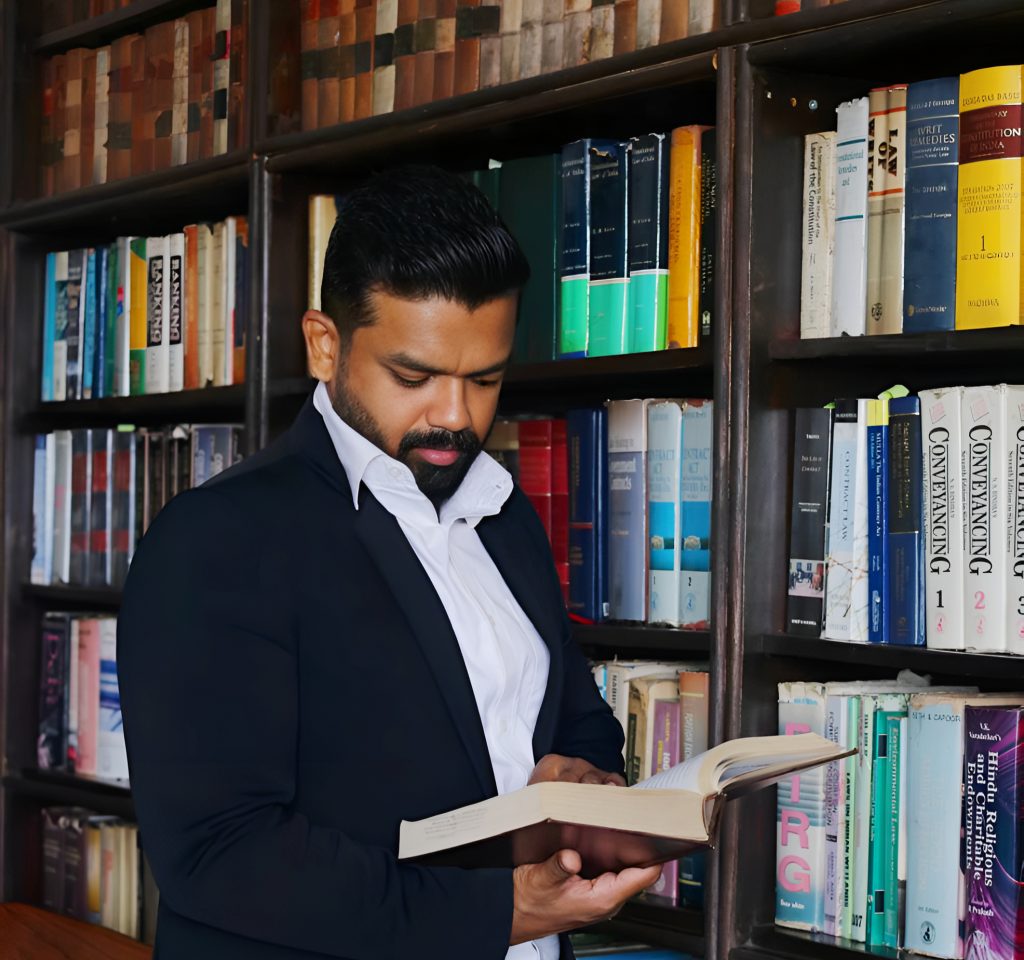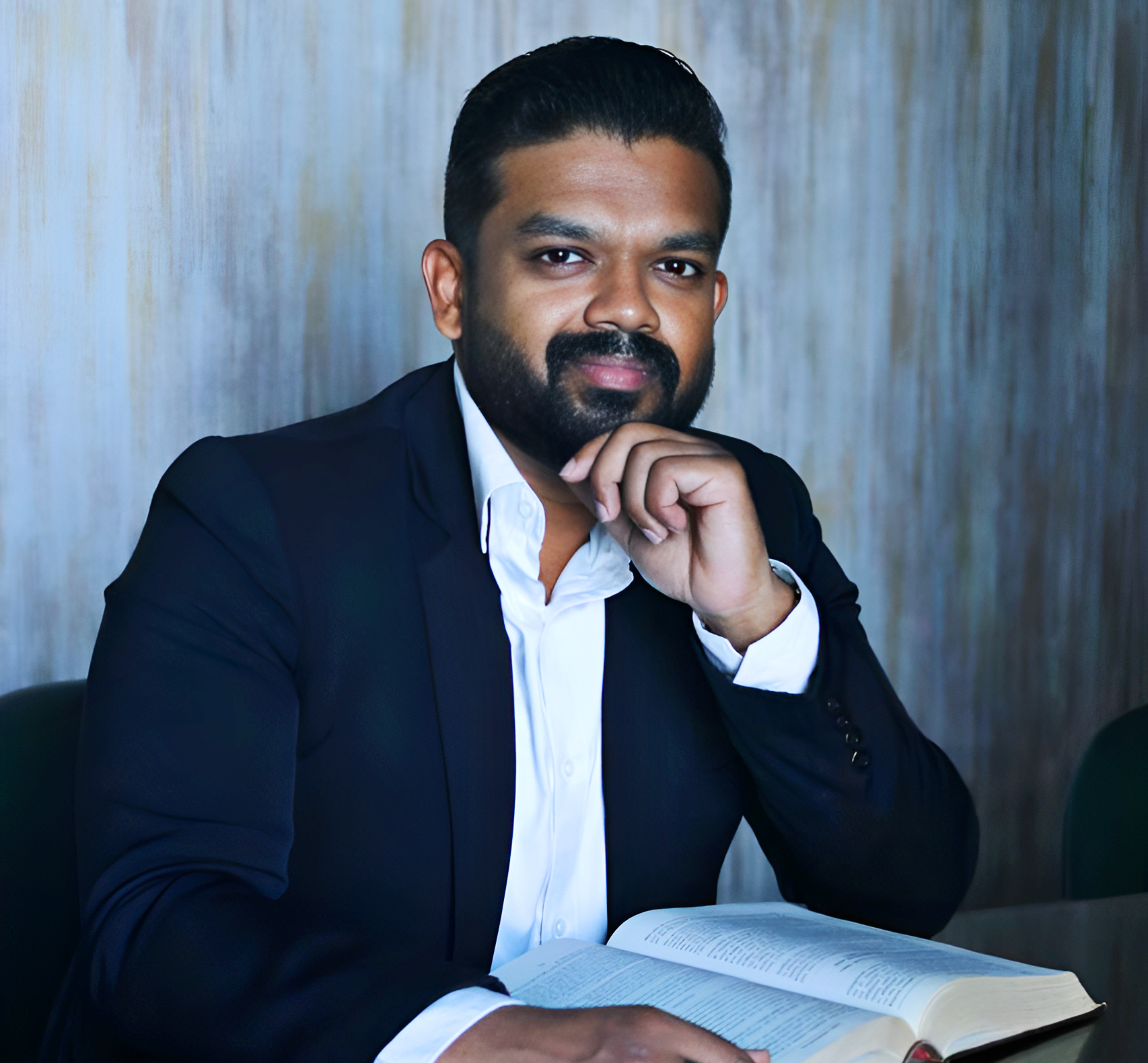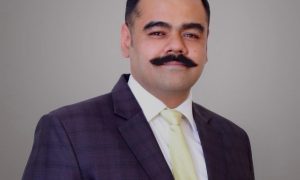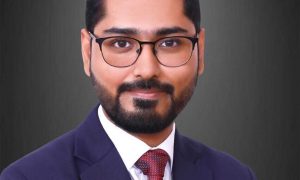This interview has been published by Anshi Mudgal and The SuperLawyer Team

What initially inspired you to pursue a career in law, particularly at a prestigious institution like University College London (UCL)? What factors influenced your decision to choose UCL, and how would you describe your academic and personal experiences there?
I always wanted to be a lawyer – even before I understood what a lawyer really does. I have no explanation as to why except guessing that it could be the unconscious conditioning of watching my father (Dr. A. Francis Julian – a Senior Advocate), and hearing stories of my grandfather (who was a lawyer in the erstwhile State of Travancore). I was never consciously influenced to take up the profession by my father. All options were always open. My sister (A dentist and a children’s author) and I were encouraged to explore and see where our intellect and abilities would take us – somehow I always found my way back to the Law.
This clarity (or blinkered view, if you will) allowed me to focus early on where and how I wanted to study law. I was very clear that I wanted to study law abroad. I had set my sights on going to a law school in the USA. The first time I wrote the LSAT, my scores were not too great. So I decided to take a gap year and write it again. The second time I also wrote the LNAT (the UK equivalent of the LSAT). In the second round, I managed a decent score, and also got scholarships to a couple of good universities in the USA. However, my LNAT scores were comparatively much better and I was offered a place at UCL.
Prof. (Dr.) C. Rajkumar (Founding Vice Chancellor of O.P. Jindal Global University) was another profound influence on me from early in my life. I’ve known him from my school days when he used to frequent our home as a law student at Faculty of Law, Delhi University. His stellar academic achievements were inspirational and it was something I tried to emulate. He also counselled and mentored me extensively during the law school admissions process. His time then was especially precious as it was around the same time that OPJGU was being established !
Seeing the historical relevance of the UCL Law Faculty to India (due to some very famous Indian alumnus, including Mahatma Gandhi), I knew this was where I wanted to go.
UCL was a completely different experience after a bachelors degree at Loyola. I struggled a bit initially due to the massive amount of self-study required, but managed to get a decent grade. Life at UCL was not limited to lectures and libraries. The university’s location in the heart of London provided countless opportunities to engage with the city’s cultural and social scene. I learnt the law but more importantly, I learnt a lot about life in my three years there. However, as much as I loved the city, I didn’t envision myself living there in the long term. So I decided to return to India on completion of my degree.
After completing your law degree, you pursued an LLM in International Dispute Resolution at Queen Mary University of London (QMUL). What motivated you to specialize in this field, and how did your time at QMUL shape your professional trajectory? In what ways has this specialization influenced your career?
An LLM is often considered as a purely academic pursuit, unsuited and unnecessary for those in Court litigation. That view, in my opinion, could not be more wrong. The practice of law has become greatly specialised. Having technical expertise is necessary and needed to stand out as a lawyer. Litigation itself is a vast field, and every field of law has its own form of adversarial litigation, whether before a court, a tribunal, or an arbitrator.
QMUL has some of the best faculty in the world when it comes to international arbitration, they are not only academics but also full-time practitioners who have practical experience. They had excellent insights to share during the discussions in the tutorials.
In the early stages of your legal career, you worked with Mr. Salman Khurshid. What were some of the most valuable lessons and insights you gained from that experience ?
Working with Mr. Salman Khurshid was a defining experience in my professional and personal life. Mr. Khurshid (Salman Sir to us) is probably one of the most large hearted persons I have had the opportunity of knowing. He is, of course, a very fine lawyer but above all he is a gentleman and a statesman in the truest sense, he embodied dignity, compassion, and the uncompromising need to ensure justice is done.
As his chamber member, I got an opportunity to work on a variety of matters – Constitutional, commercial, criminal, arbitrations- before various judicial fora – the Supreme Court of India, various High Courts, NCLT, NCLAT, TDSAT, COMPAT, etc.
Days were spent in Court (this was before the advent of virtual hearings), evenings in the Office. 10-12 hour work days were the norm. But the hardest worker in the office was the head of chambers himself. It was often the case that we would prepare copious notes and go to his house late in the evening to brief him for the next day, only to find him reading the files. This was apart from the various responsibilities he discharged as a leader in the Congress party.
Being one of the sought after Senior Counsels in Delhi, he was also a generous paymaster, giving all his chamber members a rather generous retainer coupled with regular bonuses. We were also actively encouraged to take on independent matters and permitted to use the office facilities for our own personal practice.
Ours was also a chamber that was very diverse. We had chamber members from at least 10 states in India. We also had a higher number of first generation women lawyers than male lawyers. Of the 20 or so chamber members, only 5 (including me) were male and only 2 were second generation lawyers.
Among the many lessons I learnt from my five years (2014-2019) at Mr. Khurshid’s chambers, the one I recall the most is that respect can only be earned, never demanded.
I have tried my best to emulate these important lessons in mentorship and leadership in my practice as well. Of the four three associates I have had the privilege of working with at Julian Law Offices, all are first generation lawyers, three are women lawyers. One of them is presently doing her LLM in the UK.
Additionally, being a father to two daughters makes me more conscious of the need to ensure the profession is more welcoming to women. If either of them decide to enter the profession, they need more women role models to look up to.
What inspired you to establish your own law practice? What vision guided you in founding your practice, and what were some of the key challenges you encountered during this journey?
Starting my own practice was a natural trajectory of my career path. Being a law practitioner’s son – I had ready access to a chamber at the Supreme Court, I had a network to tap into, I had a well stocked library of commentaries and law reports at my disposal, and most importantly – credibility capital. These, of course, only get you so far.
At the end of the day, if you are not able to deliver in Court, a last name – no matter how famous- will not get you very far. Furthermore, the profession is a rather close knit community and any professional mishaps are rarely forgotten. Having a recognisable last name only increases the scrutiny of your conduct in Court. One is judged much more harshly if one comes from a family of lawyers. Reputations built over a lifetime can be destroyed in a day. For every successful second generation lawyer, there are ten who never made it out of their parents’ shadow.
One challenge I faced in establishing my practice was to ensure a steady supply of clientele. Practicing solely at the Supreme Court is not feasible unless one has a ‘feeder’ high court from where one can get a steady supply of matters for appeals.
This was the reason I expanded my practice to the Madras High Court in 2021. Having a lot of personal and familial connections in the city, it was a natural move. So far the move has proved
Furthermore, my wife and I felt it was a better place for our daughters to grow up in, compared to Delhi.
You frequently represent clients at the Supreme Court of India. What are unique challenges of advocacy at the Supreme Court, and what strategies do you employ to address them?
Practice at the Supreme Court of India is unlike practice at any other Court in India. Majority of matters filed at the Supreme Court are Special Leave Petitions (SLPs) under Article 136 of the constitution of India – about 93% according to a recent study. Since this is a completely discretionary jurisdiction, there is no certainty of the appeal being admitted.
The judges hear about 70 SLPs on Mondays and Fridays (the two days designated for hearing fresh SLPs). The average time granted to make your case in an SLP is about 93 seconds. As counsel one is expected to start in medias res assuming the bench has looked through your petition in detail. You have to know exactly what to say, how to say and (most importantly) when to say it. Brevity is the order of the day and there is no room for any oratorical faff.
Another important aspect of Supreme Court practice is drafting. Clarity and Concision are essential. The importance of having a short and concise synopsis cannot be stressed enough. If you cannot state your case in one and half pages of double spaced size 14 font, you have an uphill battle. Early in my career, I used to draft long-winded synopses. I learnt the hard way that this rarely works.
If one reads biographies of some of India’s greatest litigation lawyers (MC Setalvad, Palkhivala, Fali Nariman, etc) you will often find that the common thread in their advocacy is brevity – in pleadings and oral advocacy.
Your reputation as a Supreme Court counsel is built on the success in getting SLPs admitted. It is also the way to get a foot in the door so that longer oral submissions can be made when both parties are before the Court and the SLP or Appeal (once leave is granted) is heard at length.
A good way to build and protect your reputation at the Supreme Court is to never appear in or file frivolous or meritless SLPs. With adequate experience, one can make a reasonably accurate prediction of whether or not an SLP will be admitted. The SLP should either have legal merit or there should be some grave injustice which is apparent. Without either of these, filing an appeal purely at the instructions of a client is unfair to everyone involved – to the Court as it wastes precious judicial time, to yourself as you will cut a sorry figure in Court, and to your client who ends up wasting resources better spent elsewhere.
This can be challenging to do, especially early in your career when it can be tempting to take up every case that comes your way (been there, done that!), But over time you realise that your credibility is built not only on the cases you appear in but also those you don’t appear in. As an Advocate, your duty is not only to your client but also to the Court. Considering the heavy burden on Indian Courts, judges never appreciate their time being consumed by meritless cases.
As an arbitration practitioner and a member of the prestigious Chartered Institute of Arbitrators London, what are some of the major challenges in arbitration in India?
Wiser and more experienced minds have spent much ink on the problems and challenges plaguing Indian Arbitration. Suffice it to say that we cannot continue to run arbitration like courts. We need more non-judge arbitrators.
Another crucial point is that many businesses, particularly in smaller cities and towns, remain unaware of the advantages of arbitration. With cheaper and faster ODR options available, there are now ways to get low value disputes adjudicated in a faster and efficient manner. Furthermore, there is a need for structured training programs to equip practitioners, arbitrators, and legal professionals with specialized skills in arbitration law and practice
Another major challenge is post award proceedings. Even though most section 34 challenges fail, the rigmarole of challenge and then enforcement makes arbitration a daunting prospect. Even though it is ultimately much faster than a civil court, post award proceedings are a dampener.
What advice would you offer to young lawyers aspiring to build a diverse and successful practice? What key skills, qualities, and mindset do you believe are essential for thriving in the competitive and multifaceted legal profession?
I am still a ‘young lawyer’ by any measure! And, I am still learning how to build a diverse and successful practice.
That said, these are three things which I feel have really helped me in in my personal and professional life. Firstly, cultivate a reading habit. Read widely, especially non-law books. Fiction, non-fiction, history, humour, mystery – there’s something for everyone. As lawyers, we tell stories (strictly non-fiction!), adhering to certain strict rules, but stories nevertheless. Reading greatly improves the capacity to put complex facts in a coherent manner highlighting aspects that are relevant to your case.
Secondly, building a great network. The importance of building a good network is crucial for lawyers, especially in India where one cannot market or advertise in any way. A great way to do this is to pursue and cultivate interests outside the law – play sports, join a book club, pursue interests outside the law, take an active interest in your local community.
Thirdly, find a good mentor. Ideally someone who’s professional qualities you see yourself emulating. And when the opportunity arises, be a good mentor to others as well. I have had the privilege of watching and learning from some excellent mentors. Mr. Promod Nair, Senior Advocate Karnataka High Court, deserves special mention as someone who has been a good friend, mentor, and guide to me.
Balancing the demands of a high-pressure legal career with personal well-being is no easy task. How do you maintain a healthy work-life balance ?
As a litigation counsel, the demands of the profession can be relentless. There are no fixed working hours, the pressure to consistently perform is high, and unlike salaried positions, there’s no guaranteed monthly income — though the expenses remain constant. This makes litigation a high-stress career, often not very kind to one’s mental and physical health.
It’s easy to get consumed by the profession, which is why setting clear personal and professional boundaries early in your career is so important. I firmly believe in prioritising rest, family time, and personal interests without guilt. It’s essential to create space for yourself beyond your work identity. Personally, I avoid carrying work home with me. I’d rather stay late, finish what needs to be done at the office, and keep my home a space of peace and relaxation. This helps maintain a healthy separation between professional responsibilities and personal life.
Additionally, taking care of one’s physical well-being is equally important. A balanced diet, regular exercise, and proper sleep aren’t luxuries — they’re necessities for surviving and thriving in this demanding profession. Over time, I’ve realised that discipline in these small, daily habits make it possible to build a sustainable, fulfilling legal career – and life.
Get in touch with Antony R Julian –
























